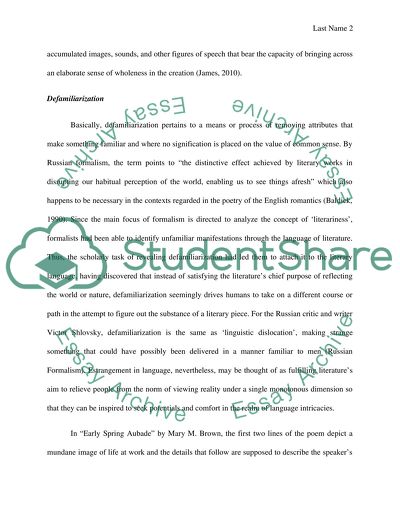Cite this document
(“Ferdinand de Saussure's Influence on Russian Federalism Essay”, n.d.)
Retrieved from https://studentshare.org/literature/1456915-literary-criticism
Retrieved from https://studentshare.org/literature/1456915-literary-criticism
(Ferdinand De Saussure'S Influence on Russian Federalism Essay)
https://studentshare.org/literature/1456915-literary-criticism.
https://studentshare.org/literature/1456915-literary-criticism.
“Ferdinand De Saussure'S Influence on Russian Federalism Essay”, n.d. https://studentshare.org/literature/1456915-literary-criticism.


